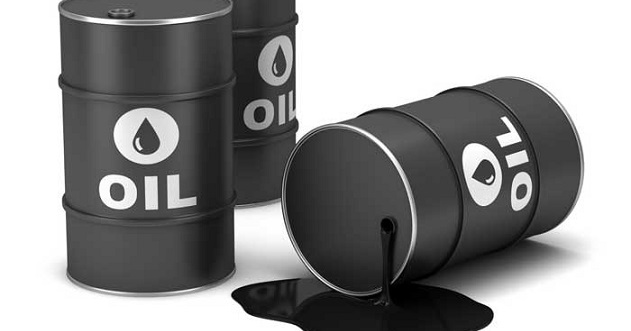Business
Nigerian govt risks poor implementation of 2020 budget as oil output slumps

The Federal Government’s (FG) hope of achieving a seamless implementation of its 2020 budget suffered a set back Wednesday following the release of the Organisation of Petroleum Exporting Company’s (OPEC) January 2020 Monthly Oil Market Report.
The OPEC’s publication details the position of Nigeria’s crude production for last December, putting the average daily output for December at 1.57 million barrels per day (bpd), down from the November 2019 figure, standing at 1.66 million bpd.
OPEC’s data is rigorously achieved by checking statistics submitted by member nations against findings by secondary sources for the purpose of objectivity and validity.
OPEC’s secondary sources said oil output in the country for the month of November 2020 was in conformity with its quota of 1.77 million bpd. In the wisdom of the FG, Nigeria’s average daily production for December had been slashed by 11.3% of its quota in order to reduce supply.
The idea was to spur an increase in the price of crude in the price in the global oil markets, a path that Iran similarly towed about the same time last year.
Financial think-tanks at Lagos-based Financial Derivatives Company Limited (FDC) said “Nigeria is more sensitive about production than price. A lower oil output would affect the actualisation of budgeted revenue projections as oil revenue accounts for 31.35 per cent of the total revenue projected.”
Read also: NSE: Continued profit-taking drags index further down
Considering the significant percentage that revenues from oil receipts constitutes in government’s fiscal plan for this year and government’s counter-productive positioning in global oil market, it is safe to say that executing this year’s budget, would suffer a setback.
Brent, against which Nigeria’s Bonny Light is benchmarked, hit $70.74 on 6 January in the wake of US-Iran conflict but now hovers around $64.45. Equally, West Texas Intermediate (WTI) climbed to as high as $64.72 same day even though it had fallen $58.23 as 0f 07:54 West African Time (WAT) this morning.
OPEC, together with its partners – Russia and OPEC+, had concluded to slash production by another 500,000 bpd in addition to the current 1.2 million bpd between January and March.
The country’s quota fell to 1.75 million bpd this month under the OPEC+ partnership agreement to intensify Nigeria’s production cuts through March, S & P Global Platts revealed.
According to the OPEC report, a surge in oil demand growth this year will be neutralised by a sharper increase in non-OPEC supply, another fact the Nigerian government should take a cue from.
It mentions that “continued accommodative monetary policies, coupled with an improvement in financial markets, could provide further support to ongoing increases in non-OPEC supply.” Cuts by OPEC+ are needed to achieve stability in the market, the report further says.
Join the conversation
Support Ripples Nigeria, hold up solutions journalism
Balanced, fearless journalism driven by data comes at huge financial costs.
As a media platform, we hold leadership accountable and will not trade the right to press freedom and free speech for a piece of cake.
If you like what we do, and are ready to uphold solutions journalism, kindly donate to the Ripples Nigeria cause.
Your support would help to ensure that citizens and institutions continue to have free access to credible and reliable information for societal development.
















